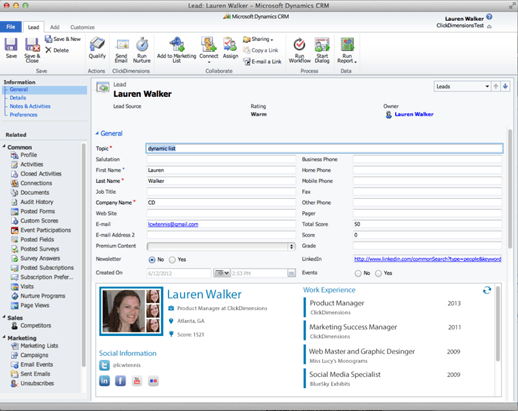by Andre Luck – October 2014
Early in my sales career I knew I wanted to make an impact in young people’s lives, and I felt the best platform for me to do so was as a ticket sales manager. The transition from a successful salesperson to a successful sales manager is an exciting yet challenging transition. Fortunately I had great leaders and mentors that prepared me for this step. I wrote this article for salespeople that aspire to one day take the step to sales management. I’ve provided a few tips that helped me along the way.
Management vs. Sales
We hear that the best athletes do not always make the best coaches. The same principle exists in sales. Yet, organizations continue to take top salespeople and rush them into management even if they are not fit to lead. Make sure you step into a management position for the right reasons. There is nothing wrong with being a lifelong salesperson. There are great opportunities to make a lot of money in premium and corporate sales. Very successful salespeople will actually take a pay cut when stepping into their first management opportunity. I have friends in the industry that tell me they enjoy only having to manage themselves day to day opposed to an entire department.
Good Bucket/Bad Bucket

Jason Howard, Senior Vice President of Ticket Sales & Marketing for the Houston Astros, gave me great advice early in my sales career. You will see bosses do a lot of things you agree with and not agree with. As you observe different management styles and actions, put these items into a good bucket and a bad bucket. The good bucket would consist of the things I liked and wanted to make sure I did when I became a manager and the bad bucket would be the opposite. To make sure I did not forget what was going into each bucket I started keeping a journal as new ideas would come to me.
What’s Your Game Plan?
How will you recruit the best talent for your team? What do you want your team to look like? What are your methods to keep your staff motivated? What are your non-negotiables? These questions along with a list of many others are questions you should be thinking about now. Start preparing your business plan now and get feedback from those you respect in the industry. The first time you think through your plan should not be when you are asked to put together a 30-60-90 day business plan as part of your interview.
Hire Tough
The most important thing you can do as a leader is hiring the right people or what the book Good To Great calls “getting the right people on the bus.” Know exactly what it is you’re looking for and never settle on a candidate. During an interview is the very best you will ever see a candidate; they will not all of a sudden be better once they are hired. If there are any doubts on a candidate it is better to pass, as you may regret it down the road if you lower your standards.
What, How, and Why

As a manager it is important to set clear expectations for your team of WHAT you expect them to do, train and coach them on HOW to best do it, and clearly explain WHY you want them to do it. Senior Director of Group & Inside Sales for the Houston Astros, PJ Keene, says,
“Be prepared. The best salespeople want to know why you make the decisions you make. Since they value their own career development, understanding your decision making process is important to them. In order to help progress their careers, think through ahead of time what is really most important to you and be able to explain why you made a decision or why you think a particular direction is the best way to go. Be prepared to answer those questions before your best salespeople ask them.”
When your team knows what is expected, how to do it and why they are doing it they are more motivated and you will see greater results.
Patience is Key
Ralph Waldo Emerson has a great quote: “Big jobs usually go to the men who prove their ability to outgrow small ones.”
Be patient and don’t lose sight of the task at hand. As a salesperson, your number one priority is to generate revenue. Developing leadership skills should come secondary. Don’t jump at the first opportunity. Make sure the values of who you work for align with your values. The bosses you work for and your personal and professional development should be more important than your title, compensation, and the organization. If you are a great leader the right opportunity will present itself. The money will follow. It is okay to be more than prepared for your next step.




















